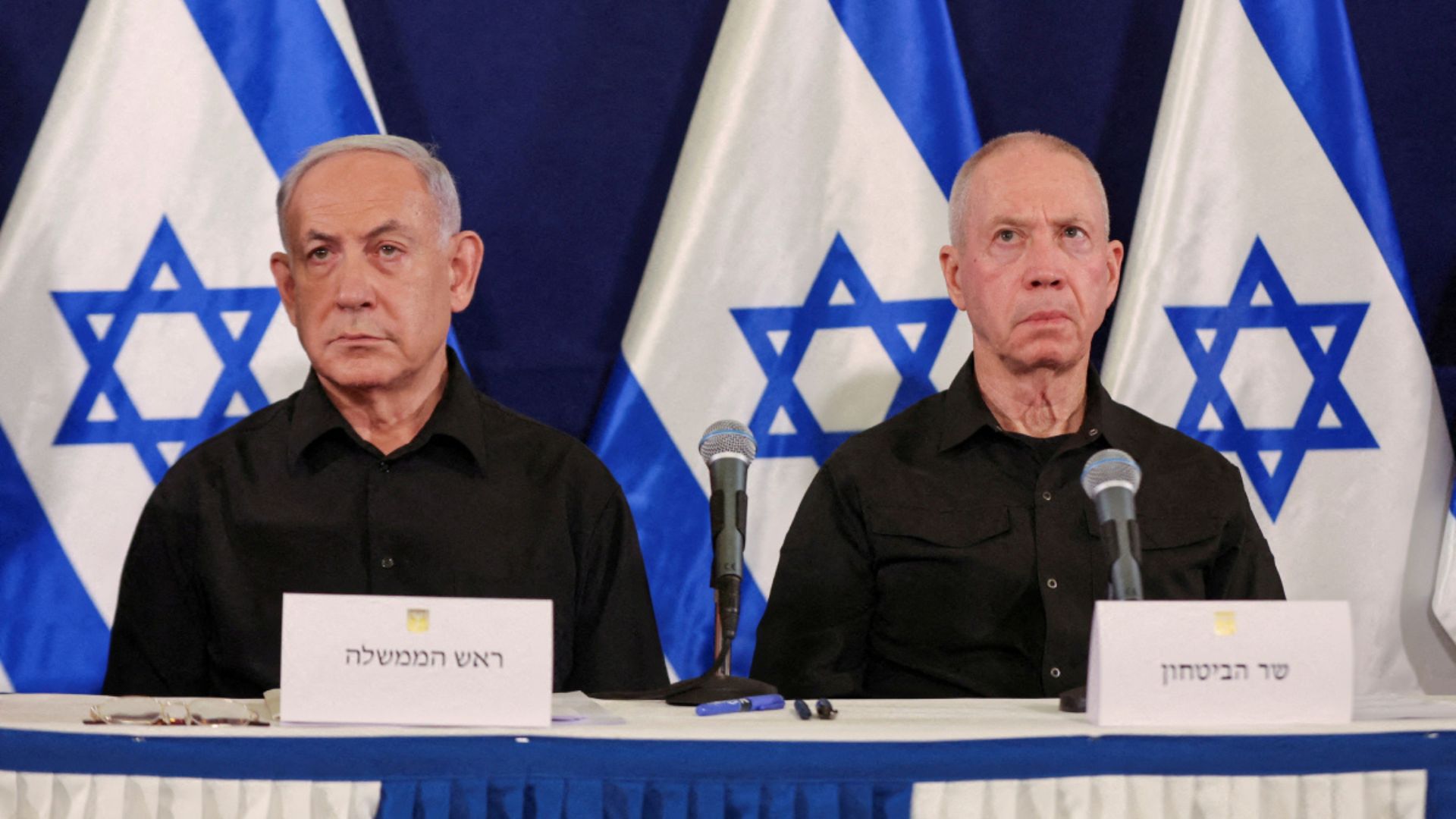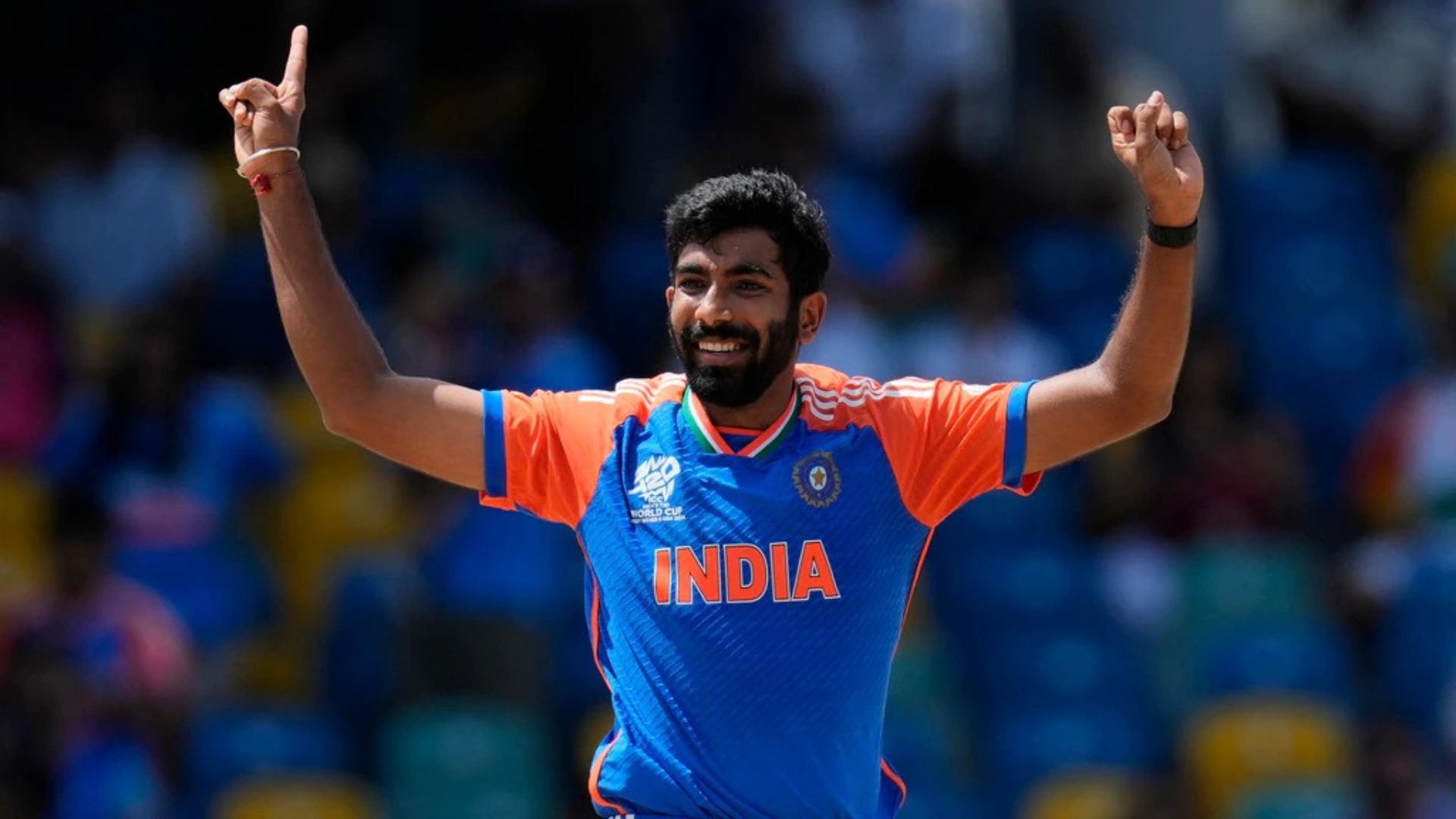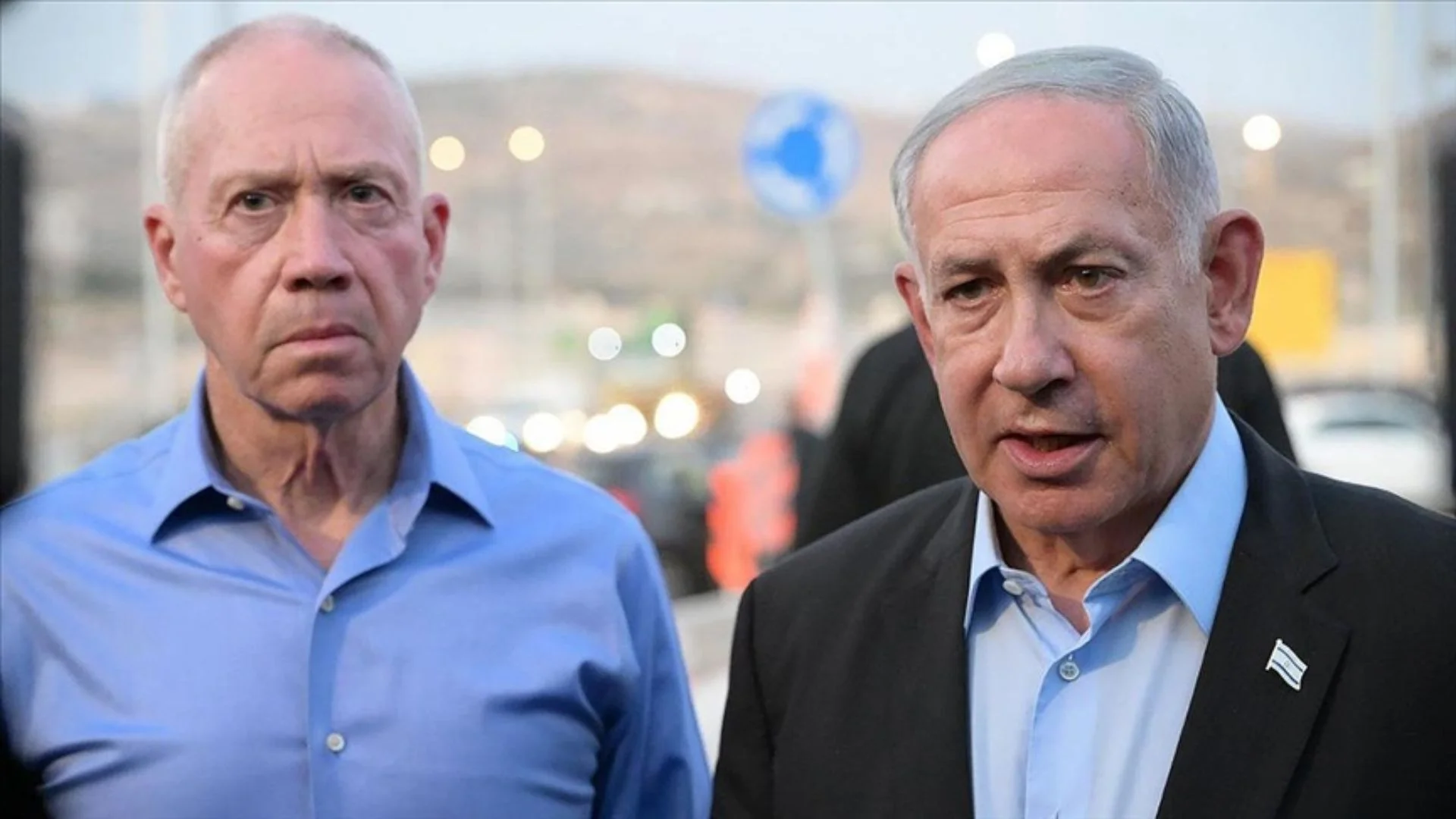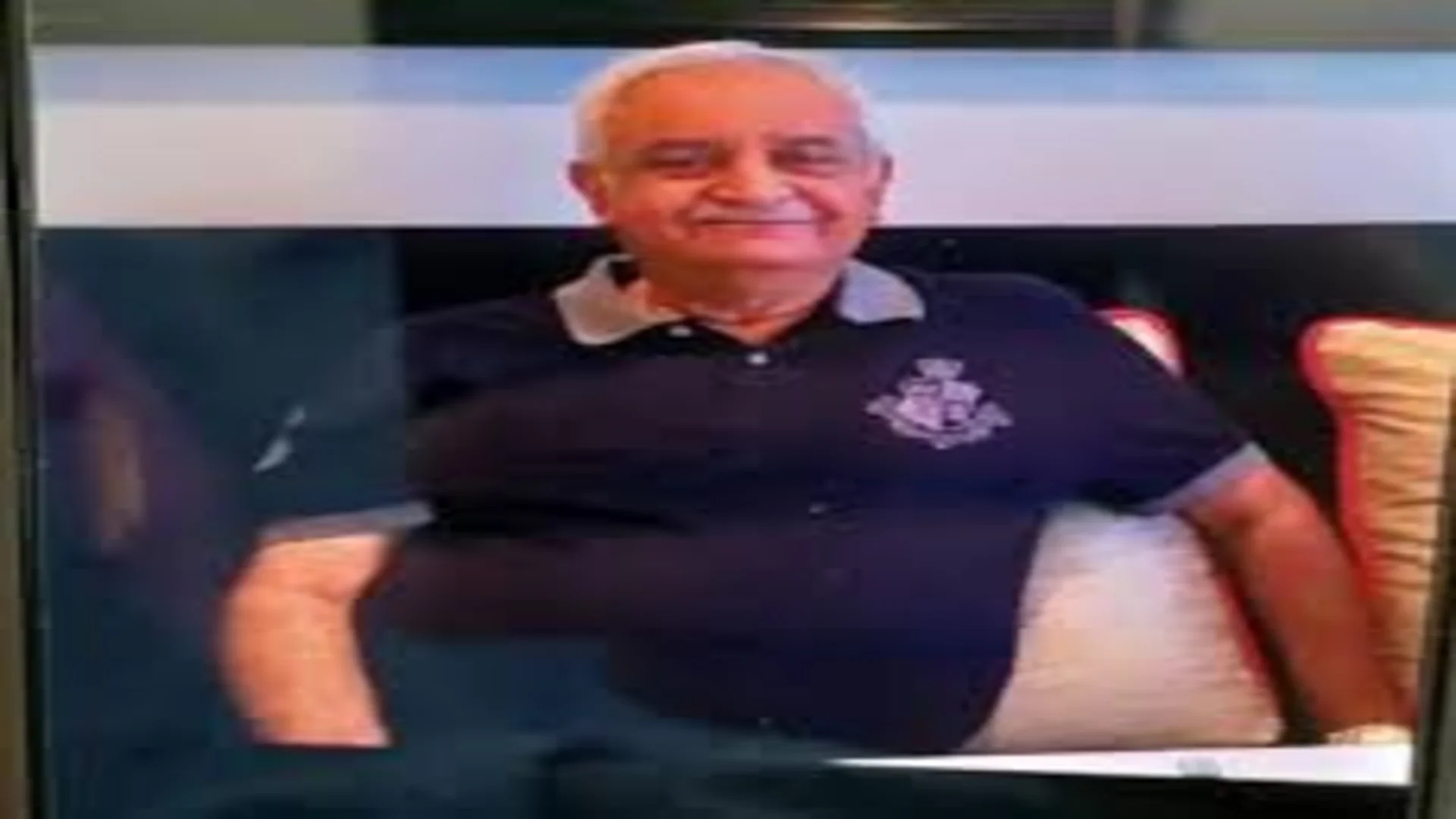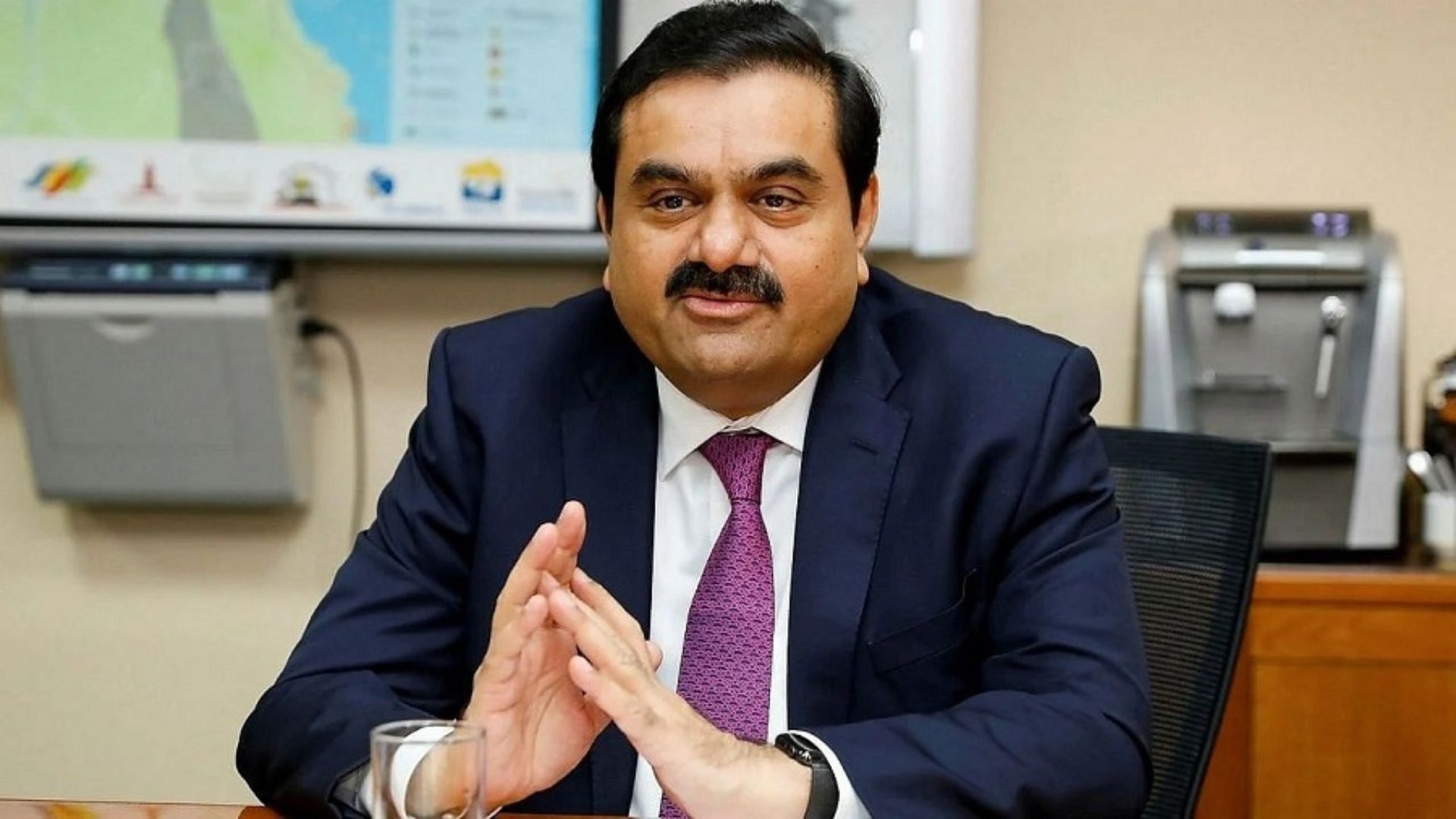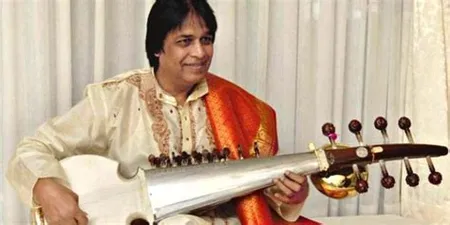
Brij Narayan, the eldest son and disciple of the world- renowned Sarangi maestro Padam Vibhushan Pandit Ram Narayan, is one of the greatest and world-renowned sarod players, born in Udaipur, Rajasthan in 1952. Brij Narayan became greatly fascinated by the sound of the Sarod and took initial lessons of handling the instrument from Ustad Ali Akbar Khan. Excerpts from an interview with the maestro.
Q. Can you tell us about your family’s legacy in music?
A. I belong to a family of musicians. My grandfather Nathuji Biawat played Esraj/Dilruba. Once a Ganga Guru visited our home. He had a Jogia Sarangi. He would sing Bhajans and used the sarangi as an accompanying instrument. He left the sarangi at our home and said that he will take it back with him later on his return journey. However, he never came back. My father, at the age of 4 years started playing with this instrument and he told his father that he wanted to play this instrument. So my grandfather repaired the instrument and put new strings and skin on the sarangi. My grandfather (Nathuji Biawat) taught my father Pandit Ram Narayan the fingering technique and how to use the bow (seedha and ulta gaj). This is the reason why my father’s playing is very unique.
My uncle, the great tabla maestro Pandit Chatur Lal started learning the table in Udaipur with Hafiz Miya Khan who was a great learned tabla maestro. This is, in short, my family’s history. Both my father Pandit Ram Narayan and uncle Pandit Chatur Lal became great musicians at a very young age. My father’s recordings are available which he recorded in 1950 and the first LP recorded in 1951 by HMV.
Q. How did you develop your passion for playing the Sarod, and how much did your father Pandit Ram Narayan and family legacy inspire you to pursue a career as a musician?
A. I would like to mention my deep admiration for pure, traditional music, this was a constant topic at home between my father and my uncle.
Since childhood most of the time I used to stay with my uncle Pandit Chatur Lal. He used to accompany most of the top musicians. I was very inspired when I heard Ustad Ali Akbar Khan, the great sound of Sarod and that made me start learning this beautiful instrument. I started learning the most important aspects of handling the sarod from Ustad Ali Akbar Khan when I was hardly 7 years old. I have learnt music from the greatest gurus of this century my father Pandit Ram Narayan (Raag vistaar), my uncle Pandit Chatur Lal (taal and lay) and Ustad Ali Akbar Khan (technique of instrument handling).
My first concert was when I was 12 years old and what luck that my uncle Pandit Chatur Lal ji accompanied me to inspire and give me confidence to pursue my musical career. This concert was played at Sapru House, Delhi and this was the beginning of my musical career.
My father always guided me on how to give public performances. For example how much alaap, vistaar and many other important aspects in music, performing in a pure and traditional way without getting into corruption in music.
Q. How do you see the future of Indian Classical Music evolving and what role do you hope to play in its development?
A. We have many young students learning Indian Classical music. The good thing is that many of them are very talented and imaginative. I see a good future for our music. The Govt. of India should encourage young talents for learning (more facilities) and more opportunities for them. This will help them to keep this great music alive. My role as a musician will be to continue teaching, giving lecture demonstrations which I have been doing since 1972 all over the world. Many of my students are already performing. Some of my students abroad in countries like Germany, France, Israel, USA have been doing very well.
Q. How your son Harsh’s interest in music has developed, and what advice have you given him as he follows in your footsteps?
A. My son Harsh Narayan found interest in playing the sarangi from his grandfather Padma Vibhushan Pandit Ram Narayan. He has been performing internationally since he was 12 years old and has learnt music in the true Gurushishya Parampara tradition. For the last decade he has been an A grade artist from AIR. He received Ustad Bismillah Khan Award 2020 from Sangeet Natak Akademi. He has played concerts with me (jugalbandi) in Europe too and is an outstanding sarangi player among the young generation.
Q. Finally, what message do you have for aspiring musicians, who are just starting their musical journey?
A. My suggestion to aspiring musicians is that they should continue to learn from their respective gurus and work hard according to the instructions they are getting from their gurus. I wish them good luck!
Suman Doonga is an educationist and social worker with a passion to preserve and promote Indian art and culture.
